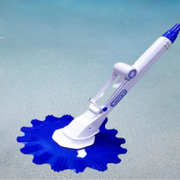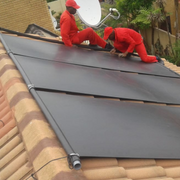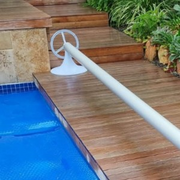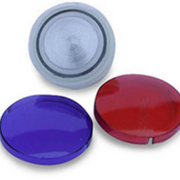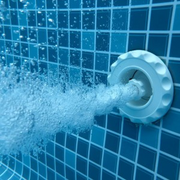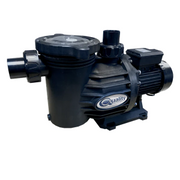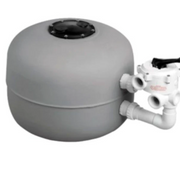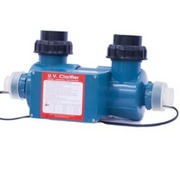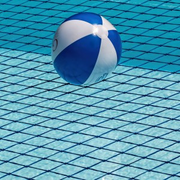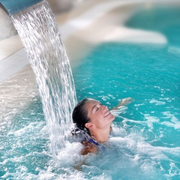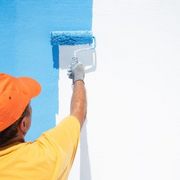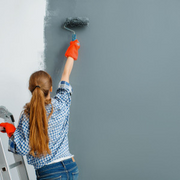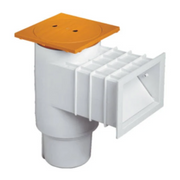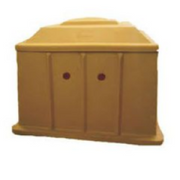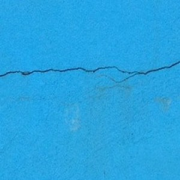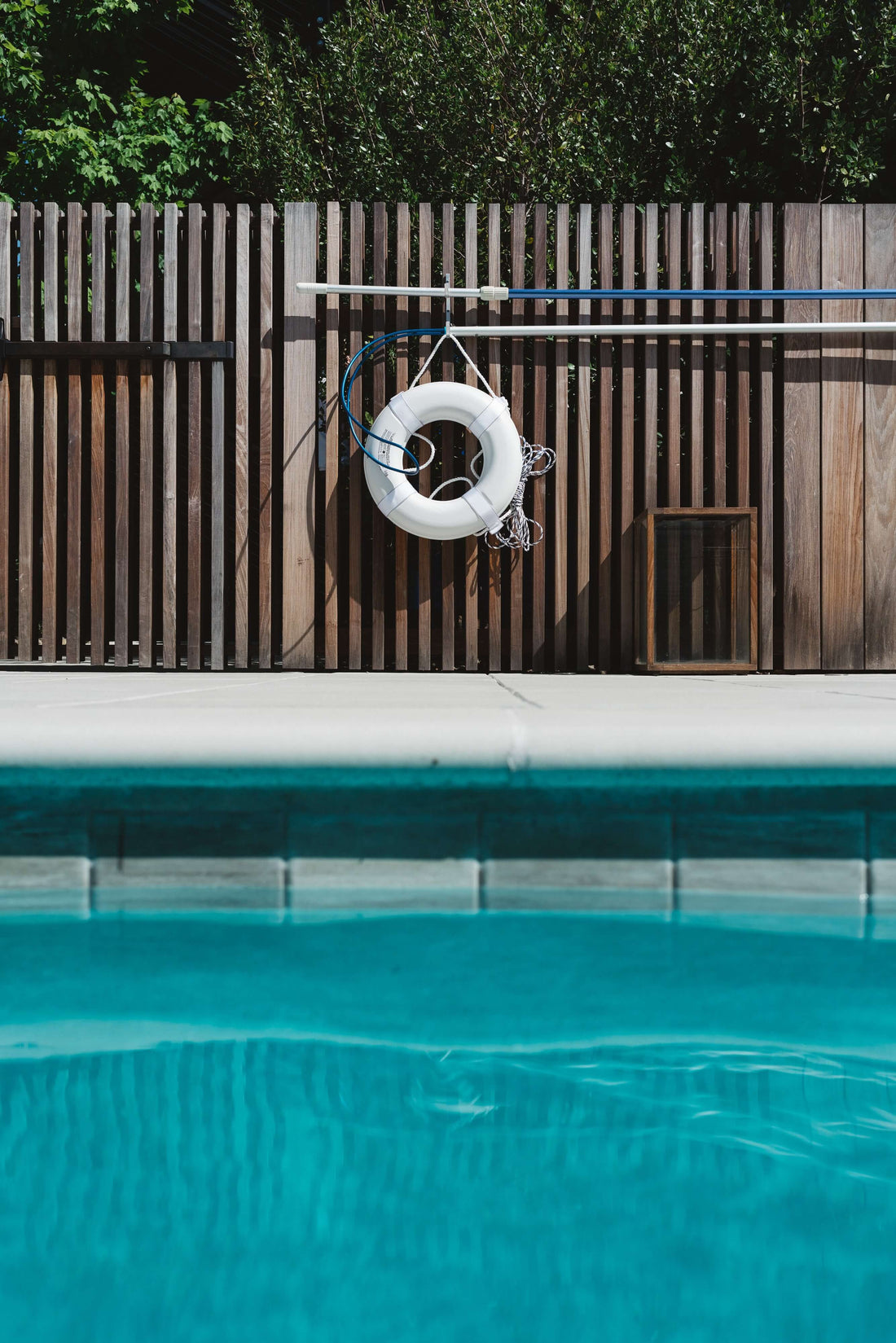To a child, having a swimming pool equals endless summer fun. However, owning a swimming pool comes with the huge responsibility of keeping it safe and child-proof. Children drowning in swimming pools is a more common and severely underestimated occurrence than one would hope for.
Pool safety is not limited to only one single activity and includes a series of precautions to be in place and acted out.
Everyone in the family needs to be educated and informed about the do’s and don’ts of pool safety. It is the responsibility of all adults to supervise and protect children in the pool area and children should be informed of the dangers of their pool when they swim unattended. Implement the following pool safety tips in your residential pool as soon as possible.
The Number 1 Rule of Swimming Pool Safety
Everyone that gets close or has access to the pool must be able to swim.
We always think only of children when we talk about drowning in swimming pools, but all adults need to be able to jump in and swim safely to the steps in case of an emergency. As soon as possible, enrol each child and adult that visit your home for basic swimming lessons if they can not swim.
Install A Pool Safety Net or Cover
A safe swimming pool safety net or cover needs to be strong enough to withstand the weight of two adults and a child so as to allow a rescue mission in case someone falls in. Keep your safety net parts in top shape and make sure that nothing is missing, for ease of use and surety.
Build A Pool Fence
One of the best safety measures you as a homeowner can take is to install a fence around your swimming pool. This is probably the most effective method to keep unattended kids out of the water, yet free to explore. An important tip is that fence gates need to open outward, away from the pool area, and be self-closing and self-latching.
Keep Chemicals and Cleaning Products Out of Reach
Chlorine, pool acid and other chemical treatments are a cleaning necessity that keeps your pool safe in a biological sense, however, these chemicals should under no circumstances be left out in the open. Leaving it out in the open, presents a child to naively drink or even burn themselves with these chemicals. Another thing, be sure to never store these chemicals in direct sunlight.
Have Rescue Equipment and a First Aid Kit
Important rescue equipment that needs to be visible and accessible in your pool area includes a life ring, rescue tube and life hook (also called a shepherd’s hook). This equipment is used to safely pull swimmers from the water. You will also need to have a first aid kit on hand and regularly check that it is stocked with all the essentials you might need. It is always better to be over-prepared for even the worst-case scenario.
Install A Pool Alarm
Alarms on swimming pool gates are useful tools to alert you of a child’s activity around the pool area. Door alarms can even be implemented in houses that are considered the fourth wall of the pool perimeter.
To ensure pool safety, it is advised for an alarm system to sound for more than thirty seconds, after the first seven seconds that follow the alarm activation. The alarm should make a loud and distinct noise that will not be confused with other alarms (i.e. smoke, burglar, doorbell or telephone etc).
Get Rid Of Your Diving Board
Removing the diving board from your pool and encouraging a no-diving policy when a responsible adult is not around.
Diving from the edge of a pool should only be allowed when the depth of the pool is at least 2 meters. Using a diving board in a pool that is not deep enough, can lead to a high risk of spinal and head trauma.
Establish Swimming Pool Rules
Make sure that every visitor and family member is aware of these basic swimming pool rules:
- No running on the pool deck
- No diving into shallow water
- No pushing other people into the pool
- Never swim without an adult present
- Never dunk or hold anyone underwater
You can even put up a sign that communicates these rules near your pool to remind swimmers of the official pool rules they must adhere to.
People also ask:
What is the most important rule of swimming?
Check the weather. Stormy weather is a bigger danger to swimmers than one would think. Unfortunately, water makes a perfect conductor, meaning that if lightning should strike an open body of water, electricity will spread out over the surface and swimmers could be electrocuted. As a general rule, never take chances with the weather, and rather wait an additional half an hour (at least) after lightning strikes. Only thereafter is it safe for you to swim.
What makes a pool unsafe to swim in?
Never underestimate a green swimming pool. Shallow areas and steps are not visible and can cause injury, even when only jumping into the pool.
Harmful bacteria can reside in poorly maintained water, which makes it unsafe for you to swim in. It is critical to ensure that the water quality is suitable for swimming in order to successfully prevent eye, ears, nose and throat infections. Improper water balance can also affect those prone to skin reactions and allergies.
